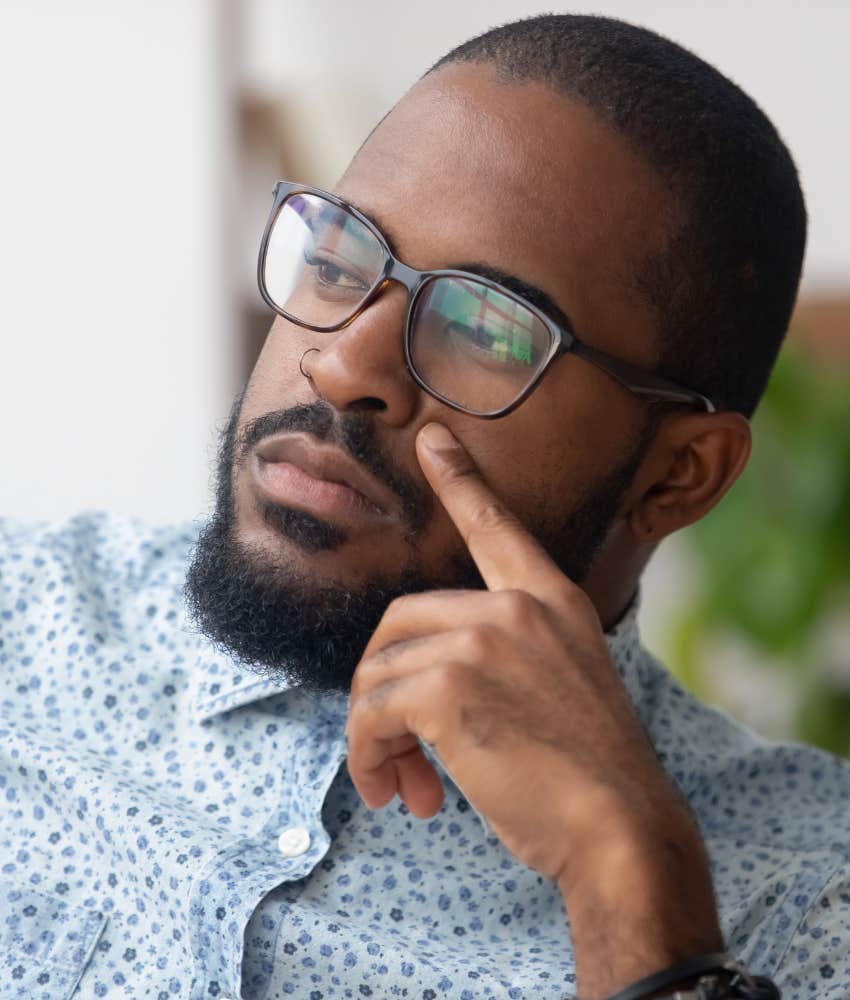People Who Stay Chill When Life Gets Messy Usually Live By These 4 Unspoken Rules
When life gets crazy, the calmest people rely on a few quiet rules to keep their cool.
 Leah Newhouse | Pexels
Leah Newhouse | Pexels Life will always present us with adversity — messy situations that are unfair, painful, difficult to live through, and traumatic. I bet every single one of you has experienced something that caused great pain, hard times full of anguish, uncertainty, fear, sadness, or anxiety.
Many of these situations we can’t directly control or stop, but we can find a way to keep our chill, and people who stay the calmest amid the storm of life tend to hold a few key mindsets.
People who stay chill when life gets messy usually live by these four unspoken rules:
1. They accept that suffering is part of life
Remind yourself that you’re not alone in your struggle. Life is hard, and suffering is a part of the journey. You may need to grieve, feel your pain, process the experience, and acknowledge your pain. As you do, it will help you remember that difficulties happen to us all.
2. They choose where to put their attention
 fizkes via Shutterstock
fizkes via Shutterstock
This is especially important and tricky when you’re mired in a miserable situation. Yet, if you let yourself fixate on the details of your pain, you’ll likely feel bitter, resentful, angry, and unfairly treated by the world, which will hurt you more in the end.
Instead, focus on what you do have control over. Look for anything positive that is emerging from this experience or that still exists in your life in spite of your hardship, and allow yourself to appreciate your growth.
3. They do what helps and stop doing what hurts
When we’re especially stressed or in pain, we often act and think in ways that hurt us more. We may fixate on a situation, reliving the details of a trauma or poring over the specifics of our heartbreaking situation in ways that make us feel worse.
So, throughout your day, ask yourself whether what you’re doing helps you or hurts you. If it harms you, try to stop doing it.
4. They find a new purpose
 Daniel Hoz via Shutterstock
Daniel Hoz via Shutterstock
As hard as change can be, pain is often our biggest motivator to evolve and grow. Given the situation you’re in presently, what do you want for yourself next? Develop some goals, even if they seem small, and take steps toward them each day.
The truth is this: We will all face adversity in our lives. You also may be in such an unimaginably hard situation that you’re not sure how you’re going to get through it. Yet, the truth is that in the face of hardship, you can also find hope, determination, and bravery that’s truly inspiring.
Resilience is the strength-based process of adapting to the difficult experiences you encounter in life, as defined by the American Psychological Association. It's to face the truth of whatever you’re going through and choose your response to it in a healthy, self-enhancing way. Often confused with empowerment, as explained in Dr. Anne E. Brodsky's research, "Both resilience and empowerment are fueled by unsatisfying states, but are differentiated by, among other things, internally (resilience) versus externally (empowerment) focused change goals."
As outlined by researcher Dr. Lucy Hone in her TEDx talk, resilient people are really good at three key things that help them get through adverse situations. First, they understand and accept that bad things happen to everyone in life, including them. Second, they focus their attention on things that they can control and that are positive in spite of their challenges. Third, they ask themselves whether what they are currently doing in response to the difficult life experience is helping them or hurting them, and modify accordingly.
Expanding from these characteristics, Dr. Hone argues that you can start building your resilience to adversity today. Remember that suffering is a part of life, strive to focus on the positive in your life, and do what helps you overcome your hardship to find a new purpose for your life. The only way out is to move forward by finding the internal strength to get through it.
Dr. Cortney Warren is a Board Certified Clinical Psychologist and expert on eating disorders, self-deception, and psychotherapy from a cross-cultural perspective.

